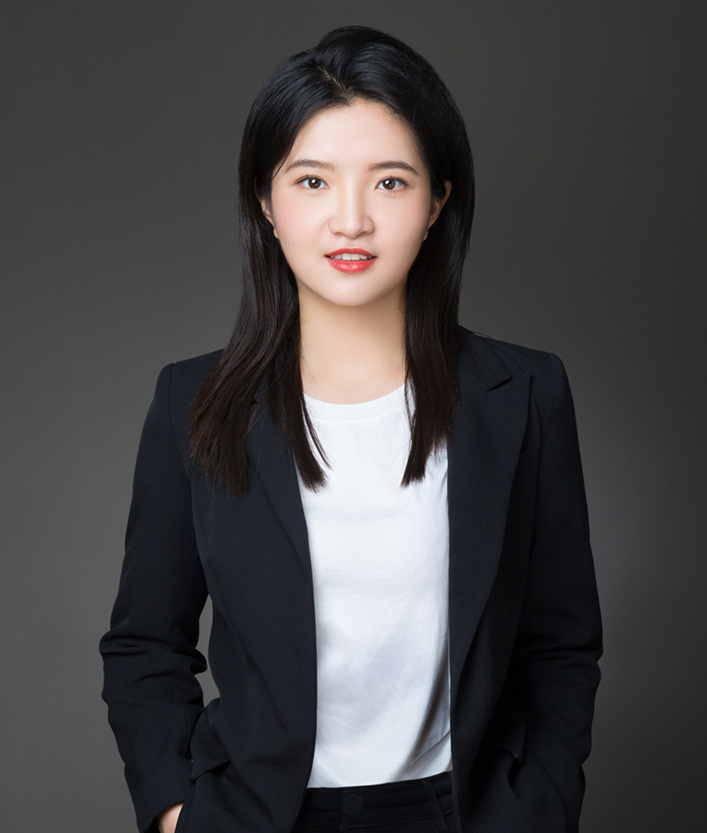Tony is the founder of Alaya Consulting Limited. With more than 16 years of experience in advising C-suite executives, both in-house and from the client side, he is particularly experienced in the development of corporate sustainability strategies, training, communication and ESG reporting approaches.
Tony works with client companies to help them improve disclosure levels and ESG ratings. Recent clients include AAC Technologies, CIMC, Panda Green Energy, Chiho Environmental Group, Integrated Waste Management, Baguio, MicroPort, Tianjin Port and others. Recent projects include organising the Hong Kong ESG Reporting Awards, contributing to the development of industry best practices.
Tony is a Chartered Company Secretary, a GRI Nominated Trainer, a carbon audit professional accredited by the Association of Energy Engineers, a Practitioner of Institute of Environmental Management Association and a certified sustainability assurance practitioner. He has also successfully completed the practitioner training of Integrated Reporting.
Prior to setting up Alaya, Tony assumed senior roles in various leading communications agencies and a Fortune top 10 financial services group. Before embarking on his career in communications, Tony spent a number of years in banking and financial journalism. He received a master’s degree in Corporate Governance from Hong Kong Polytechnic University and a bachelor’s degree in International Business from The Chinese University of Hong Kong.












Hang Seng ESG 50 Index Incentivizes Better ESG Performance
Hang Seng Index launched a brand-new addition to its ESG Index Series – ESG 50 Index in July, which aims to winnow out the top 50 ESG leaders with relatively high market-capitalization listed in Hong Kong. Within the pool of constituents in the Hang Seng Composite Index (HSCI), the top 50 blue chip securities will be selected based on their Sustainability Performance Scores (also known as ESG Scores), while assessment will be undertaken annually to ensure an up-to-date list of high performing constituents.
In May 2019, HSI ESG Index and HSCEI ESG Index were introduced to integrate ESG initiatives with the pre-existing Hang Seng Index (HSI) and Hang Seng China Enterprises Index (HSCEI). Despite having the same universe of securities as their respective constituents, different weightings are adopted to align with the objective of promoting corporate sustainability practices. “The weightings of constituents with relatively high ESG scores will be increased, while weightings of those with relatively low ESG Scores will be decreased. As a result, the overall ESG score of each of these two new indexes will be higher than that of their respective base index.”
These new gauges have engendered a greater awareness towards companies’ ESG performances, taking into consideration the higher weightings assigned to constituents with better sustainability scores, vice versa. For instance, in 2019, the weighting of Sun Hung Kai Properties in the ESG Index was almost three times as high as that in the HSI. The new changes generate stronger incentives for listed companies to work towards more sustainable corporate practices in boosting their weightings, given that the newly launched indexes encompass a higher sensitivity to ESG performances. Industry observers commented that companies that join the ESG indexes will attract more passive fund managers.
Nonetheless, with a continuous expansion of the Hang Seng Corporate Sustainability Index Series, sustainability investment has inarguably been made easier and more lucid. Vincent Kwan, Chief Executive Officer of Hang Seng Indexes Company Limited, pointed out that “ESG investing is continuing to gain momentum in market around the world,” and that the new indexes “provide bases for product issuers to develop investment products linked to the portfolios of our flagship indexes but with a greater emphasis on ESG.” Since sustainability indexes serve as a bridge between companies and investors by translating sustainability ratings into a useful metric for investment decision-making, having a comprehensive array of professionally qualified benchmark indexes certainly facilitates the identification of viable opportunities for sustainable investment.
Hang Seng Index also has a Corporate Sustainability Index Series which was launched in 2010 in view of the growing prominence of sustainable investment globally, with a particularly vigorous expansion in Asia. Initially, there were five indexes that measured corporate sustainability performance of listed companies in both Hong Kong and Mainland China, which are then used for sustainability investment stocks selection and investment product development purposes. In order to better cater to the augmenting interests from fund managers for ESG investment, three new indexes had been established since 2019, adding up to a total of five corporate sustainability indexes for Hong Kong-listed companies.
Taking a closer look at the original Hang Seng Corporate Sustainability Index (HSSUS) and Hang Seng Corporate Sustainability Benchmark Index (HSSUSB), they account for primarily Hong Kong-listed companies that are shown to have profound performances in pursuing corporate sustainability. Meanwhile, HSSUS consists of the top 30 securities in HSSUSB with the highest sustainability performance scores.